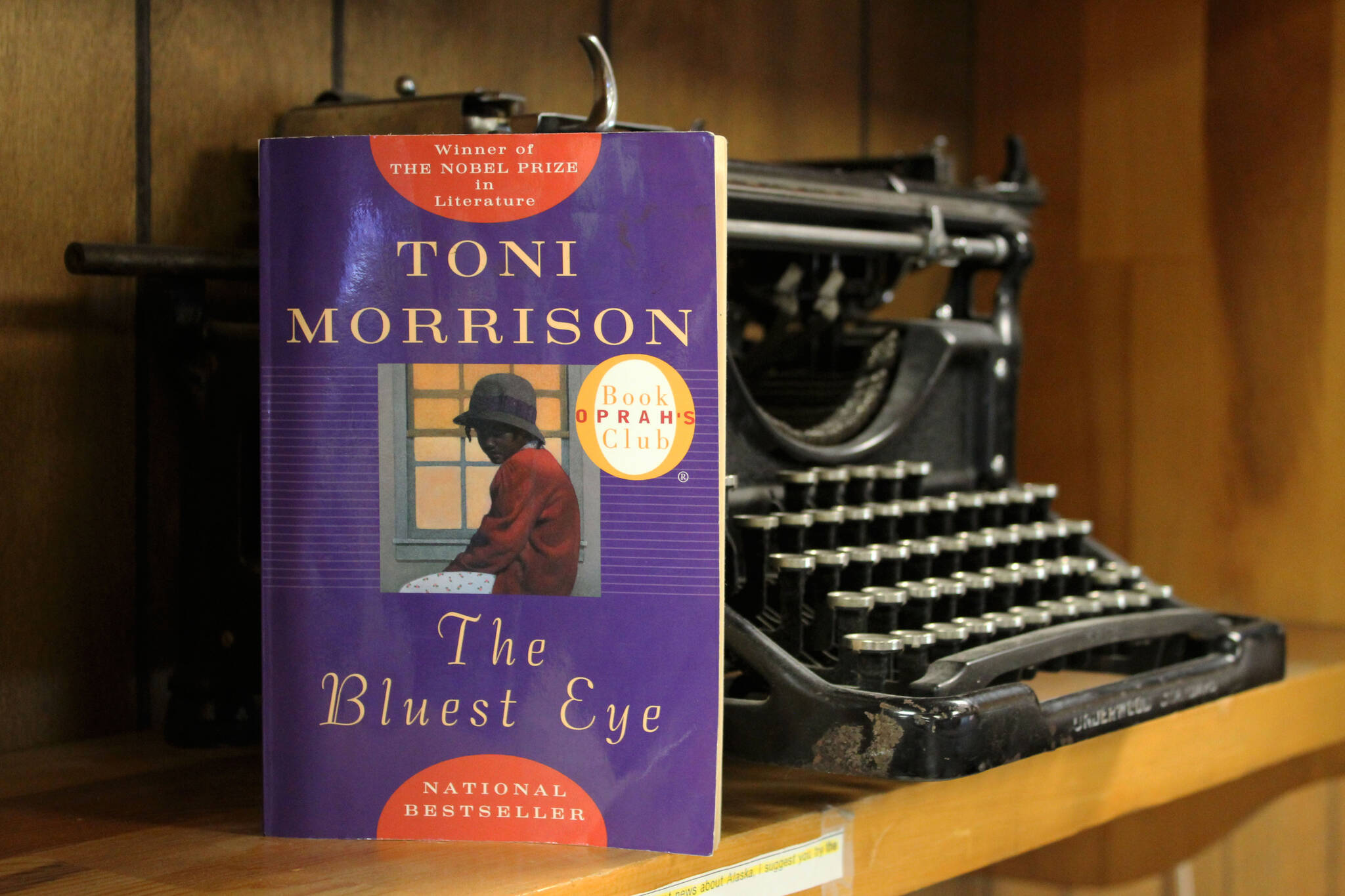As states throughout the union mull calls to ban books, now seemed as good a time as any to revisit the debut novel of one of America’s most-challenged authors.
Toni Morrison’s 1970 “The Bluest Eye,” which received the Nobel Prize in Literature, tells the story of Pecola Breedlove, a young Black girl growing up during the Great Depression who wishes to have blue eyes. Across its roughly 200 pages, Morrison explores themes of race, sexual assault and incest through haunting prose and compelling characters.
Born out of a conversation Morrison had with a girl in grade school, who was Black and wished for blue eyes, Morrison describes the novel as a response to what she calls “racial self-loathing” and how race affects self-image.
Like other works challenged because of their content, Morrison’s novel masterfully stirs in readers questions about themselves and the world around them. They discuss uncomfortable topics that challenge the way people lead their lives. Morrison herself acknowledges that her novel is “a terrible story about things one would rather not know anything about.”
However, its contemporary relevance is clear.
“The Bluest Eye” made national headlines in February, after a school board in Wentsville, Missouri, near St. Louis, rescinded their vote to remove the book from school libraries within the district after it was challenged by parents. Board members reversed the decision after pushback and a class action filed by two students represented by the American Civil Liberties Union of Missouri, as reported by the St. Louis Post-Dispatch.
Book banning, though seemingly on the rise in communities around the United States, has, in my experience, somewhat of a Streisand effect, meaning the attempt to hide or remove information inadvertently draws more attention to it. That theory played out earlier this year in Tennessee, when “Maus,” a Pulitzer-prize-winning graphic novel about the Holocaust, became a bestseller on Amazon after being removed from school curriculum by the McMinn County School Board.
“The Bluest Eye” made the American Library Association’s “Top 10 Most Challenged Books of 2021” list, though Morrison’s work frequently appears on lists of challenged materials.
In an afterword written in 1993 that is included with my edition of “The Bluest Eye,” Morrison offers a candid reflection on what her goals were in writing the book and how well she did and did not achieve those goals. She breaks down her deliberate use of language, both to present writing that is “indisputably black” and to evoke certain reactions from readers.
“Implicit in her desire was racial self-loathing,” Morrison writes. “And twenty years later I was still wondering about how one learns that. Who told her? Who made her feel that it was better to be a freak than what she was?”
Though first published in 1970, the contemporary relevance of “The Bluest Eye” is clear. The notion of representation as interrogated by Morrison in the novel is one still actively questioned today, as evidenced through use of hashtags such as #RepresentationMatters, which is affixed to more than one million posts on the social media app Instagram.
“I focused, therefore, on how something as grotesque as the demonization of an entire race could take root inside the most delicate member of society: a child; the most vulnerable member: a female,” Morrison writes in her afterword.
Toni Morrison was an award-winning American novelist and died in 2019 at the age of 88. Her first novel, “The Bluest Eye” was originally published by Holt, Rinehart and Winston, Inc, in 1970.
Ashlyn O’Hara can be reached at ashlyn.ohara@peninsulaclarion.com.
Off the Shelf is a bimonthly literature column written by the staff of The Peninsula Clarion that features reviews and recommendations of books and other texts through a contemporary lens.

